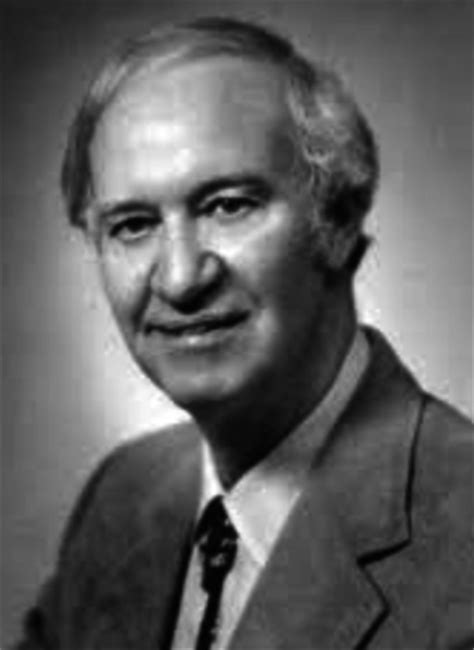A Quote by Randy Alcorn
Unless we learn how to humbly tell each other our giving stories, our churches will not learn to give.
Related Quotes
We will learn no matter what! Learning is as natural as rest or play. With or without books, inspiring trainers or classrooms, we will manage to learn. Educators can, however, make a difference in what people learn and how well they learn it. If we know why we are learning and if the reason fits our needs as we perceive them, we will learn quickly and deeply.
Remember on this one thing, said Badger. The stories people tell have a way of taking care of them. If stories come to you, care for them. And learn to give them away where they are needed. Sometimes a person needs a story more than food to stay alive. That is why we put these stories in each other's memories. This is how people care for themselves.
It is quite beyond me how anyone can believe God speaks to us in books and stories. If the world does not directly reveal to us our relationship to it, if our hearts fail to tell us what we owe ourselves and others, we shall assuredly not learn it from books, which are at best designed but to give names to our errors.
Humans are kind of story-propagating creatures. If you think of how we spend our days, think of all the time you spend on entertainment. How much of your entertainment centers around stories? Most pieces of music tell stories. Even hanging out with your friends, you talk, you tell stories to each other. They're all stories. We live in stories.
It is natural that our minds replay old stories, because that is our own mechanism for trying to work out unresolved problems. Yet rerunning those stories will be a fruitless looping until we learn how to move from the story into our body. This is why therapy alone often doesn't bring full healing and awakening.
We're not giving what we're called to give, unless that giving affects how we live - affects what we put on our plate and where we make our home and hang our hat and what kind of threads we've got to have on our back. Surplus Giving is the leftover you can afford to give; Sacrificial Giving is the love gift that changes how you live - because the love of Christ has changed you. God doesn't want your leftovers. God wants your love overtures, your first-overs, because He is your first love.

































